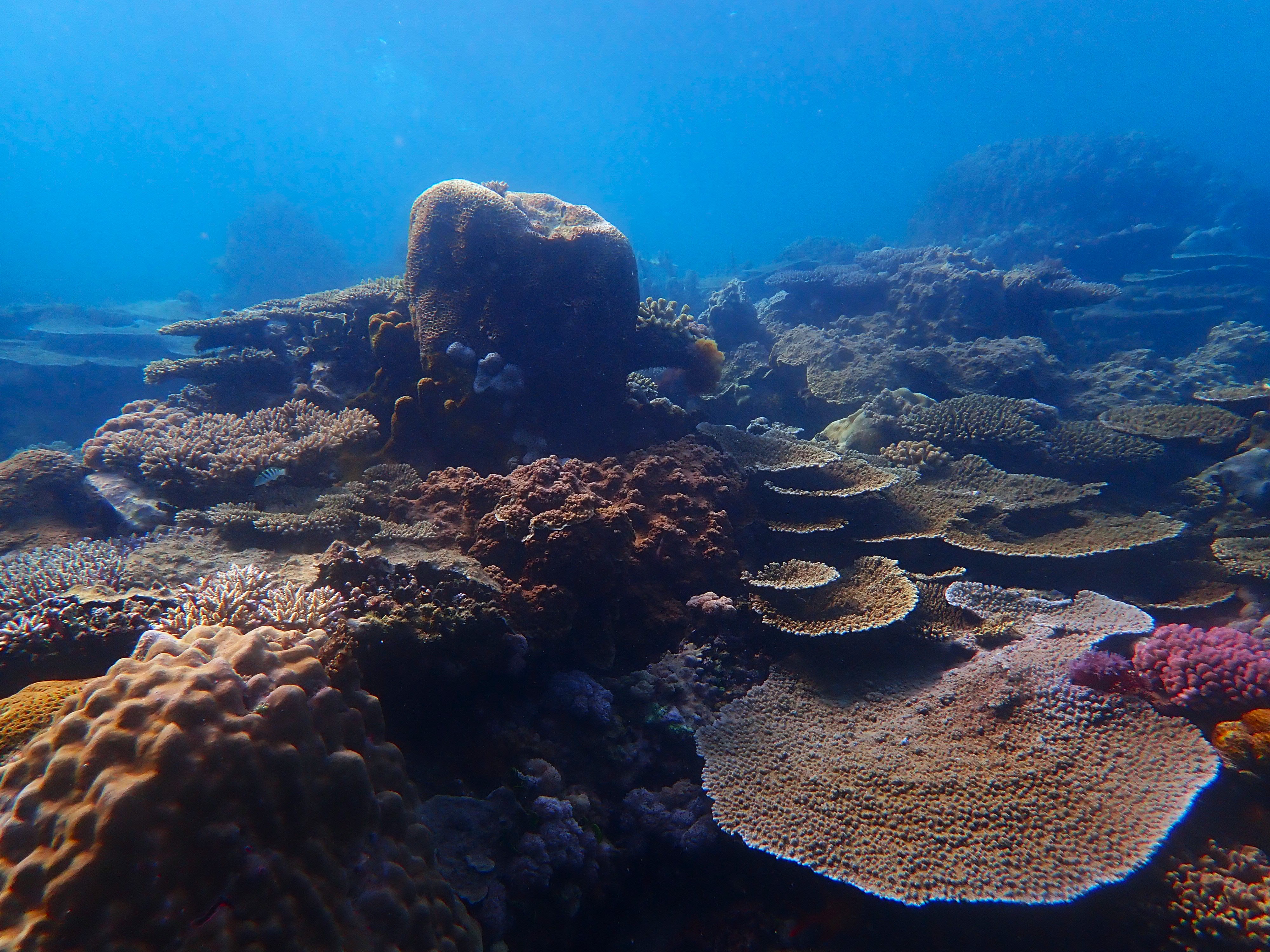On the 15th of November 2022, the Government of Mozambique approved by Resolution of Council of Ministers, the National Strategy for the Management and Conservation of Coral Reefs (ECOR 2022-2032). This document includes quantitative objectives and clear guidelines to increase knowledge of this important ecosystem in Mozambique and improve its conservation status, as well as the specific actions that are necessary to promote its protection, effective management, and continuous monitoring over the next decade.

In the picture: The multi-disciplinary working group for the ECOR (2022-2032) presented the first draft document at the public consultation event held on 25th August 2021 in Maputo. The working group included WCS staff members (Erwan Sola, Delson Vutane) alongside members from all governmental institutions involved in the process, namely InOM, MIMAIP, DINAB, DIPOL, ANAC, and members of other NGOs.
The development of the Strategy was initiated by the Ministry of the Sea, Inland Waters and Fisheries (MIMAIP) and led by the Oceanographic Institute of Mozambique (InOM, former National Institute for Fisheries Research – IIP) in 2020, with technical and financial assistance from the Wildlife Conservation Society (WCS), through funding from The Tiffany & Co. Foundation.
The approval of this new piece of legislation is expected to mark the beginning of a new era for the precious coral reef ecosystems of Mozambique, which perform essential services for food security and protection (erosion and mitigation of the effects of storms and cyclones) for a good part of the Mozambican coastal population, as well as an essential role in mitigating the effects of climate change (carbon sequestration). They also contribute to the Gross Domestic Product (GDP) through sectors such as fisheries and tourism.

These ecosystems, highly productive and important for marine biodiversity, are extremely sensitive to ocean warming and acidification, making them a key indicator of the general effects of climate change. The current global decline of coral reefs makes them extremely endangered and calls for swift action to protect them.
The ECOR (2022-2032) overarching aim is to "Ensure the ecological integrity of coral reefs in order to increase their resilience by eliminating forms of anthropogenic degradation and promoting their sustainable use" and was developed through a participatory approach, with the involvement of many stakeholders, such as the National Directorate for Maritime Policies (DIPOL), National Fisheries Administration (ADNAP), National Directorate of Environment (DINAB), National Administration of Conservation Areas (ANAC), Universities, and NGOs such as WCS, Centro Terra Viva (CTV), World Wildlife Fund (WWF), Natura and the Marine Megafauna Association (AMM), as well as other national and international partners.
The ECOR (2022-2032) is duly aligned with current international, regional and national agendas for Biodiversity, such as the Sustainable Development Goals (SDGs), the United Nations Framework Convention on Climate Change (UNFCCC) and the United Nations Convention on Biological Diversity (CBD). The approval of ECOR (2022-2032) coincides with an important period when the Conference of the Parties (CoP) 27 of the UNFCCC (Egypt) and CoP 15 of the CBD (Canada) are taking place, clearly showing the country's momentum in achieving the goals of both international commitments and respective national targets.